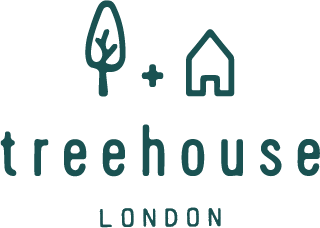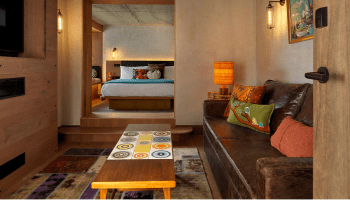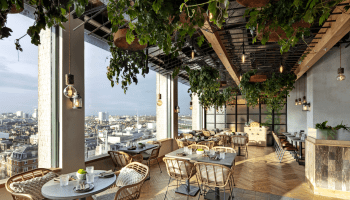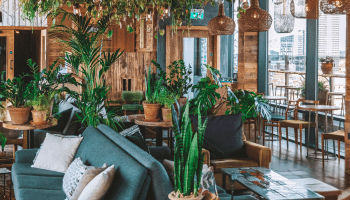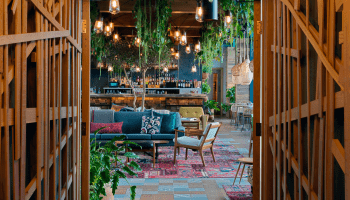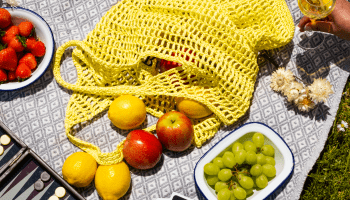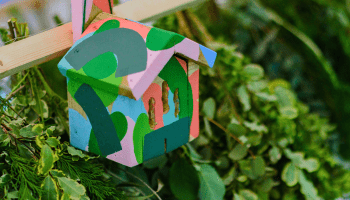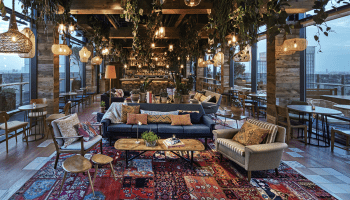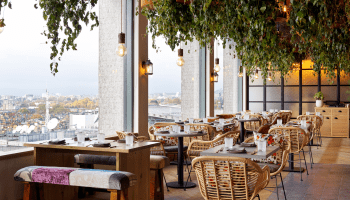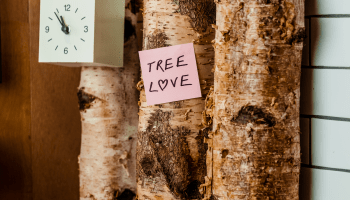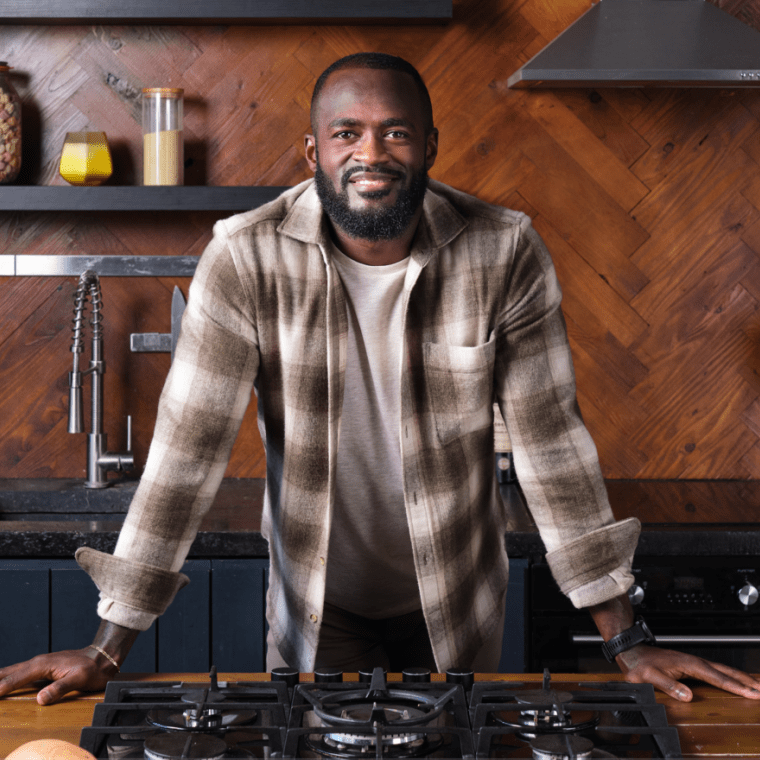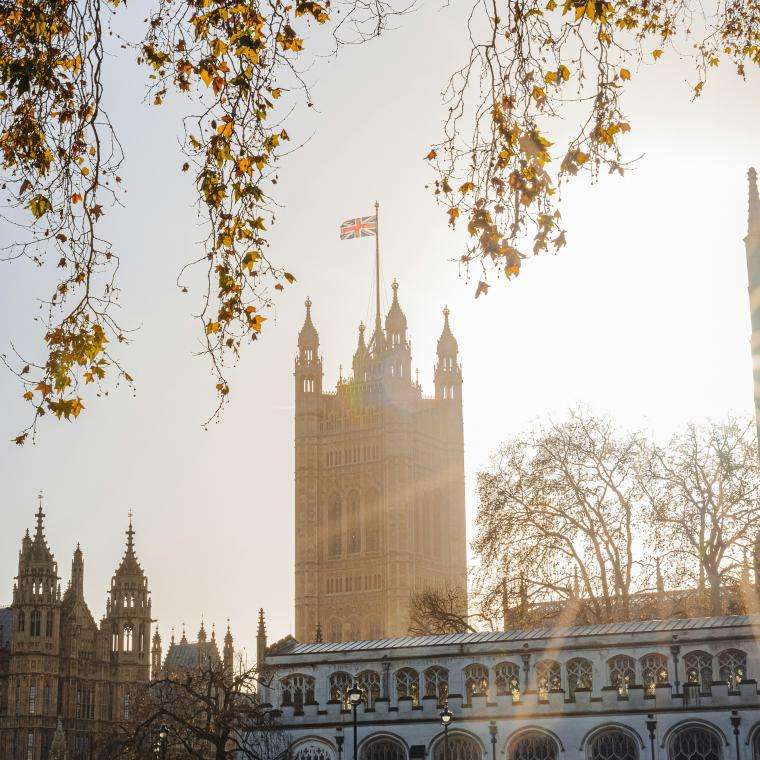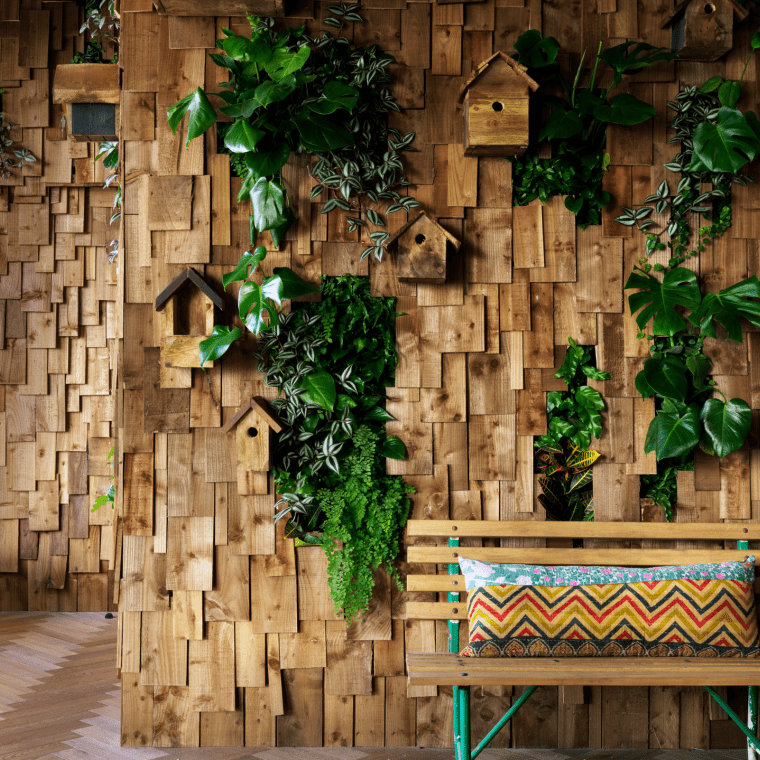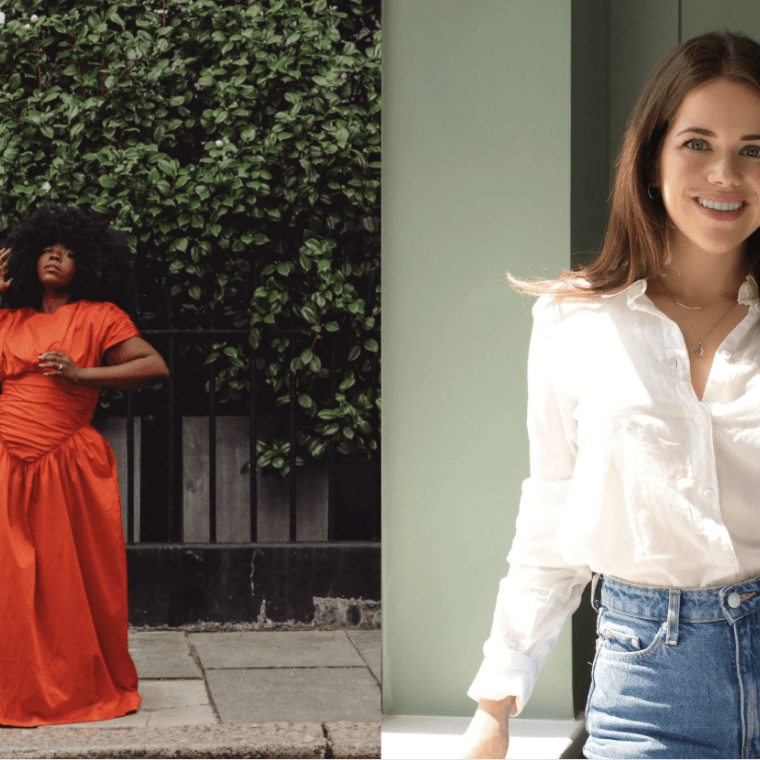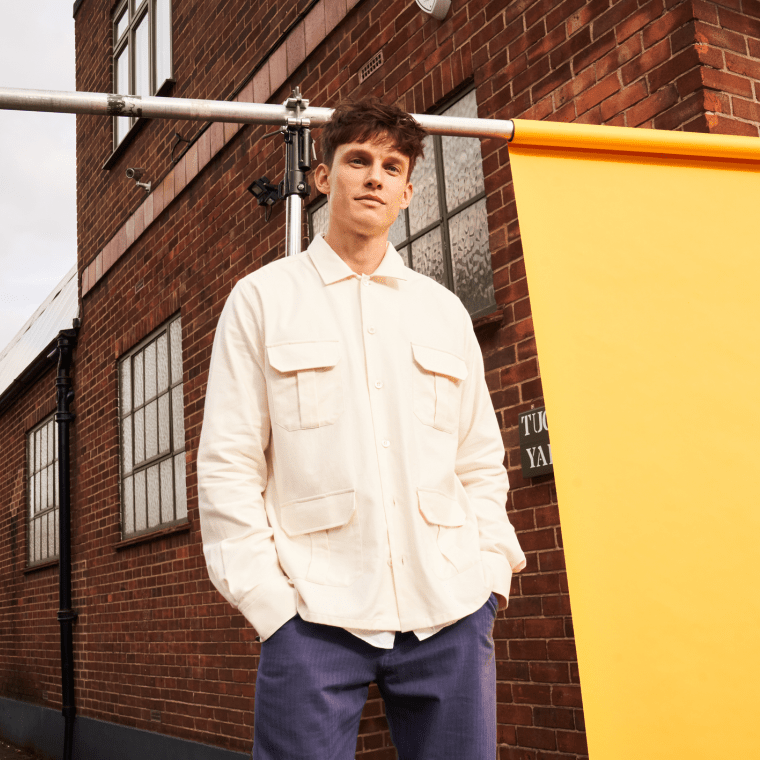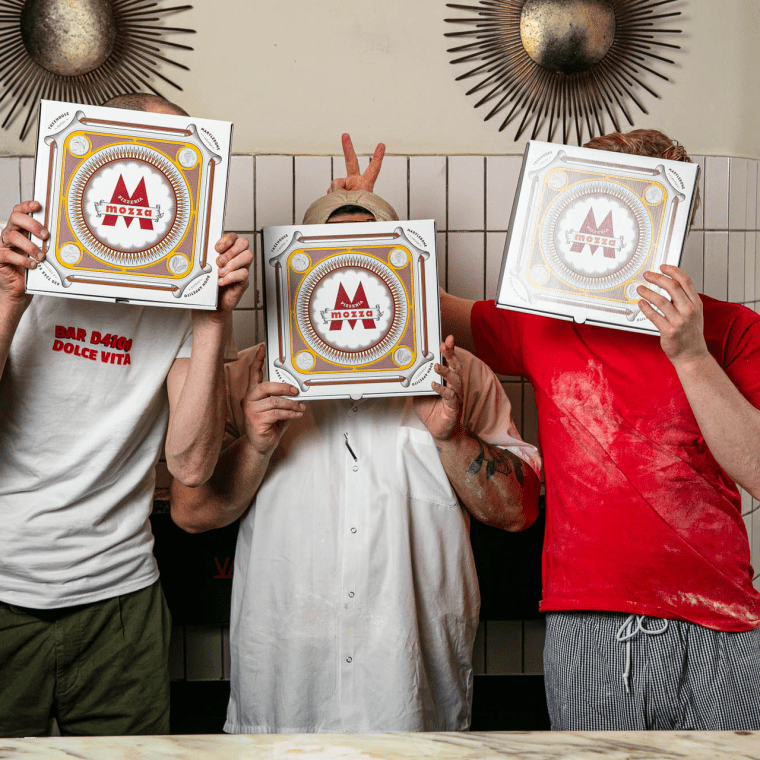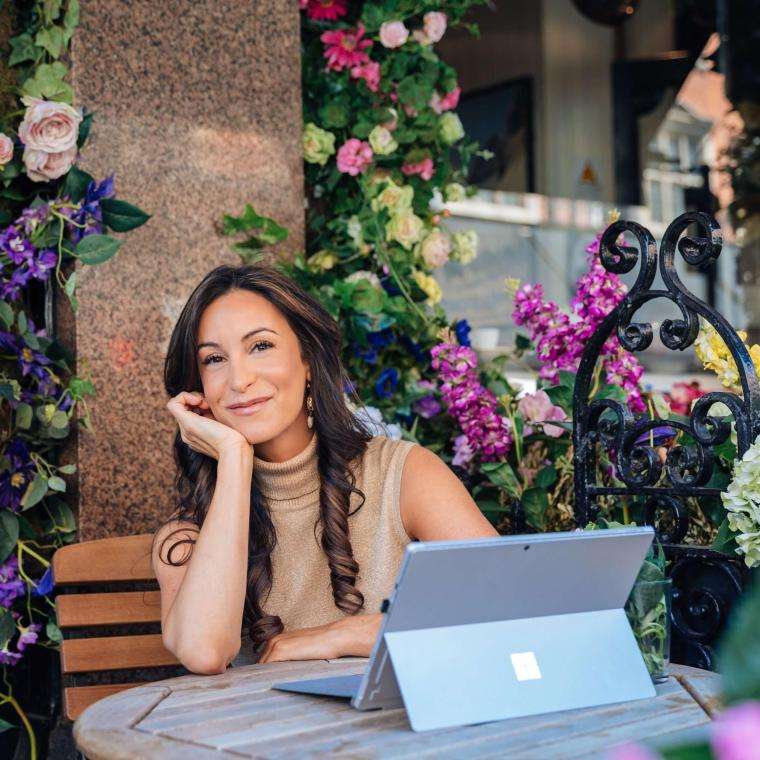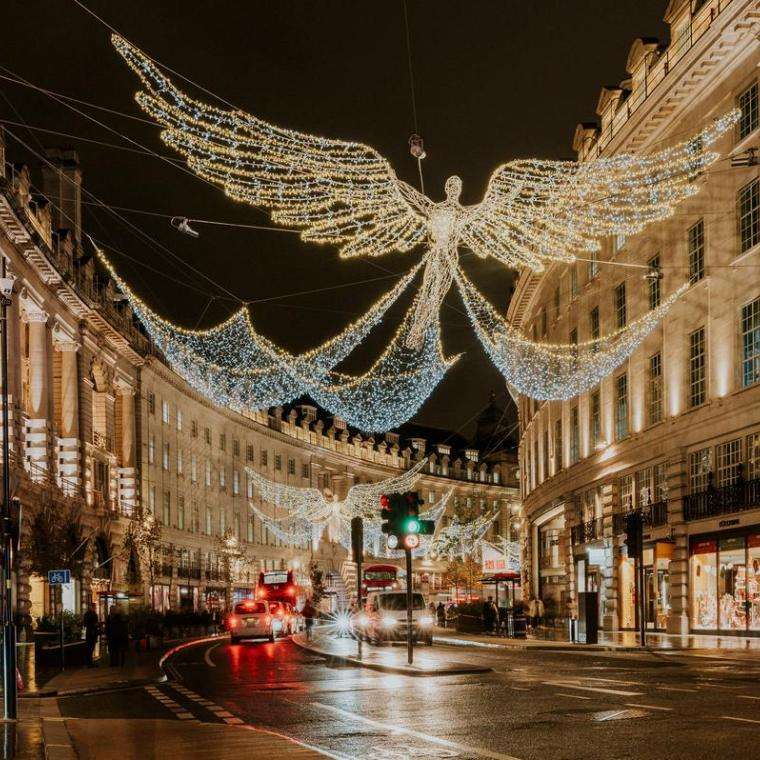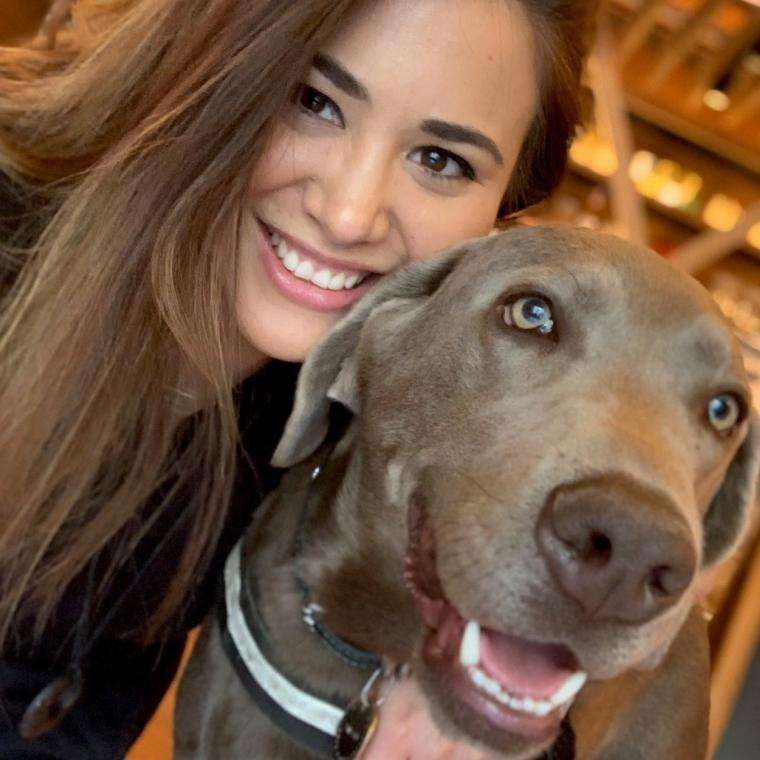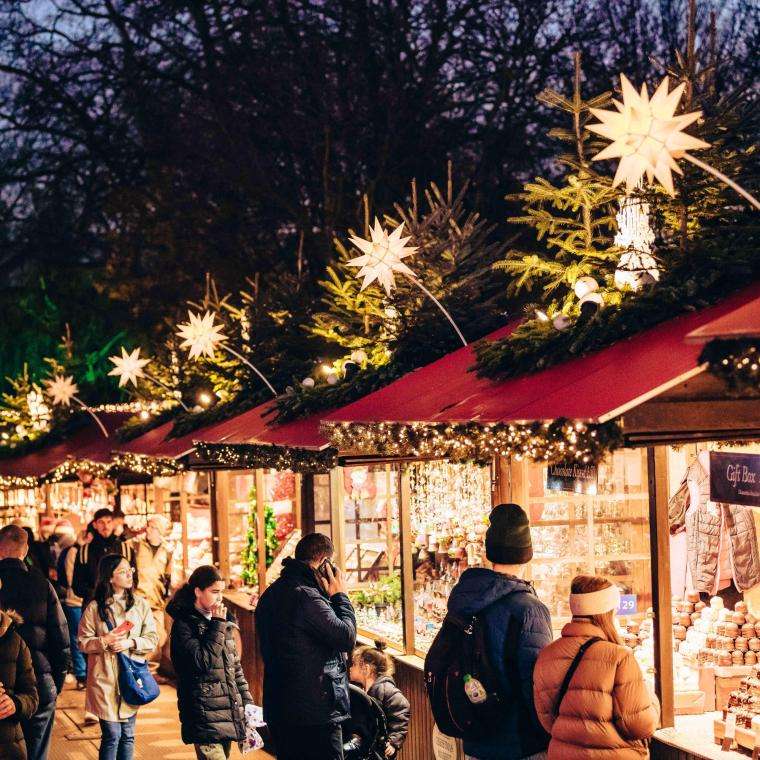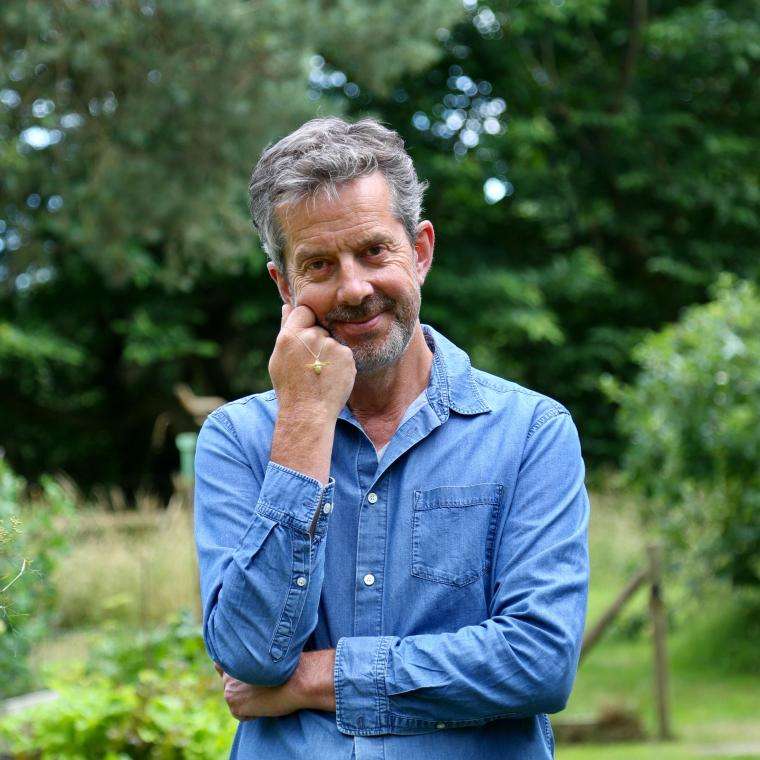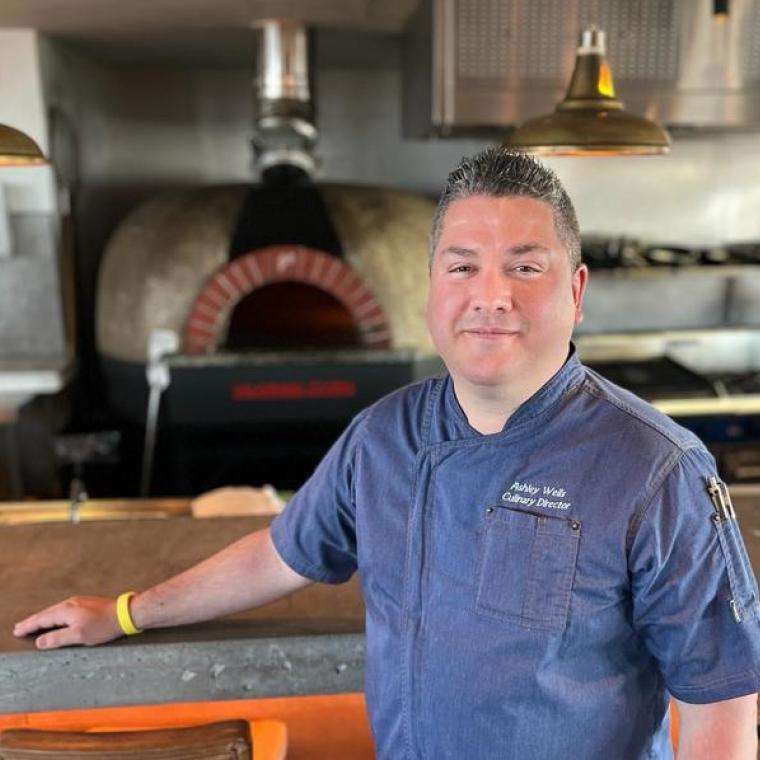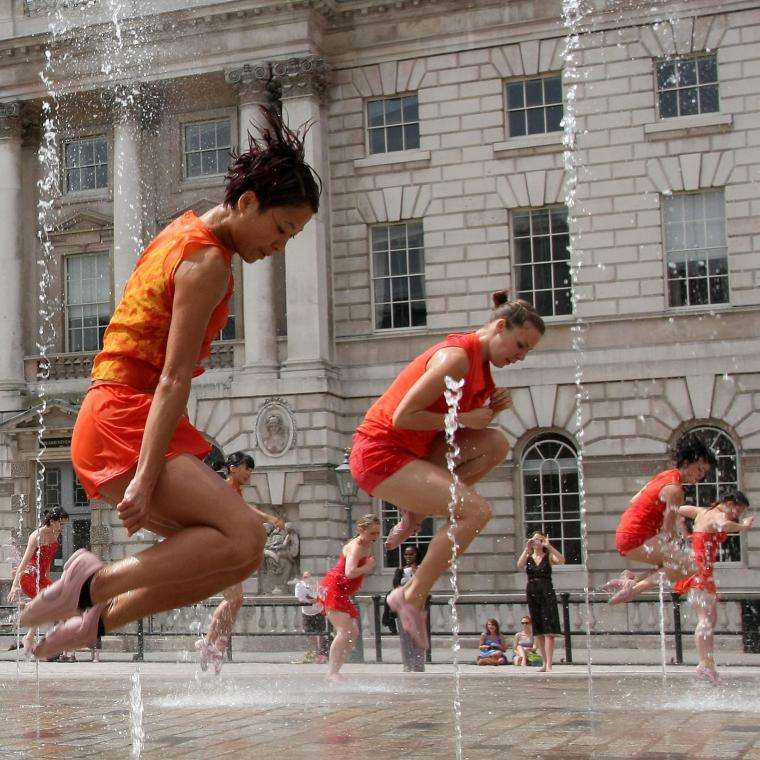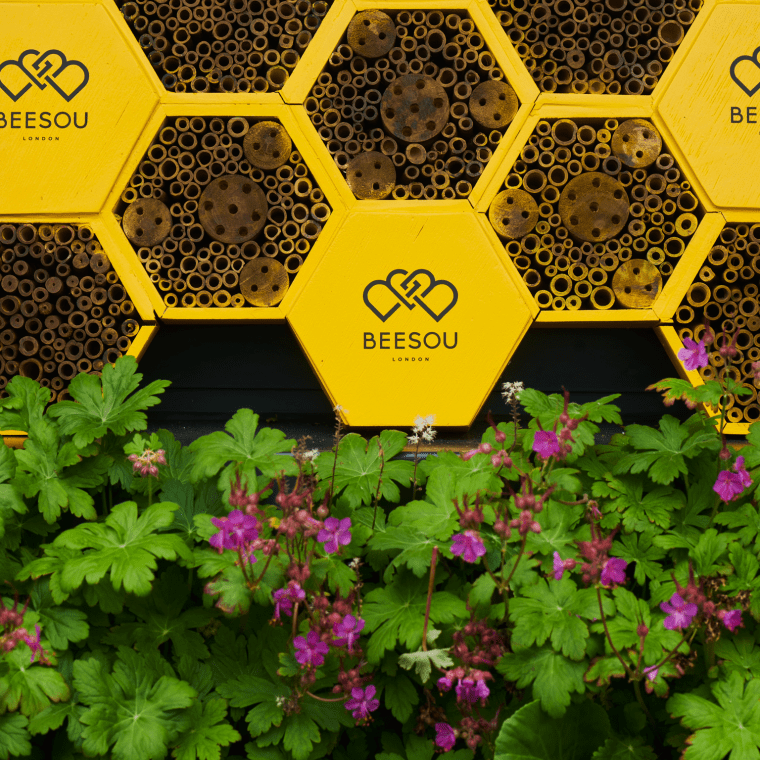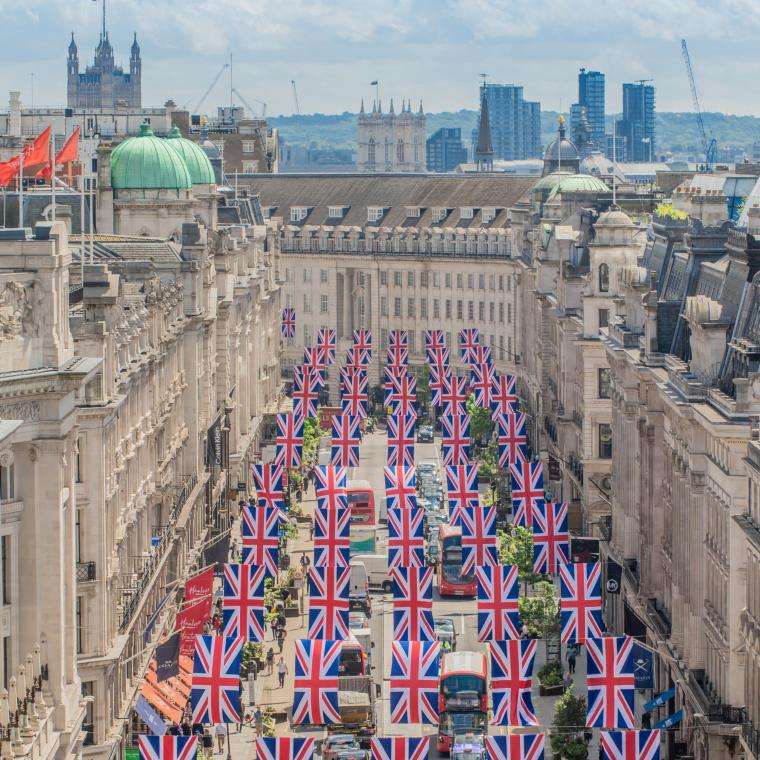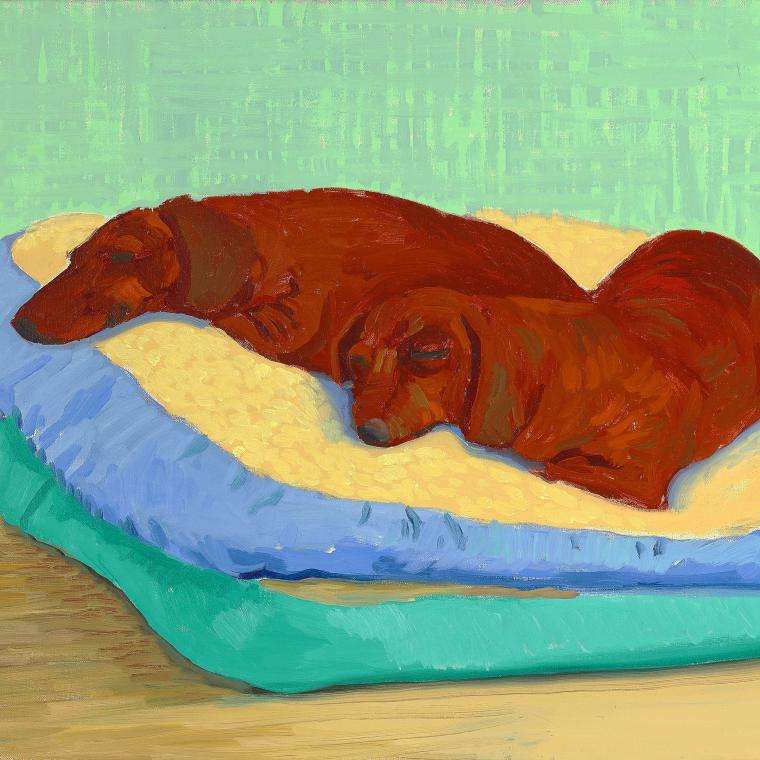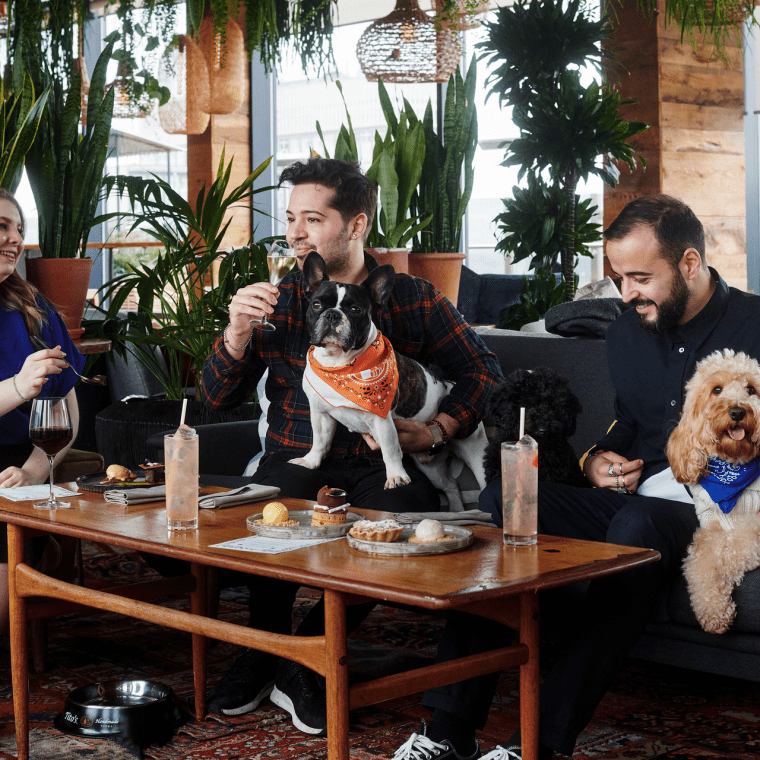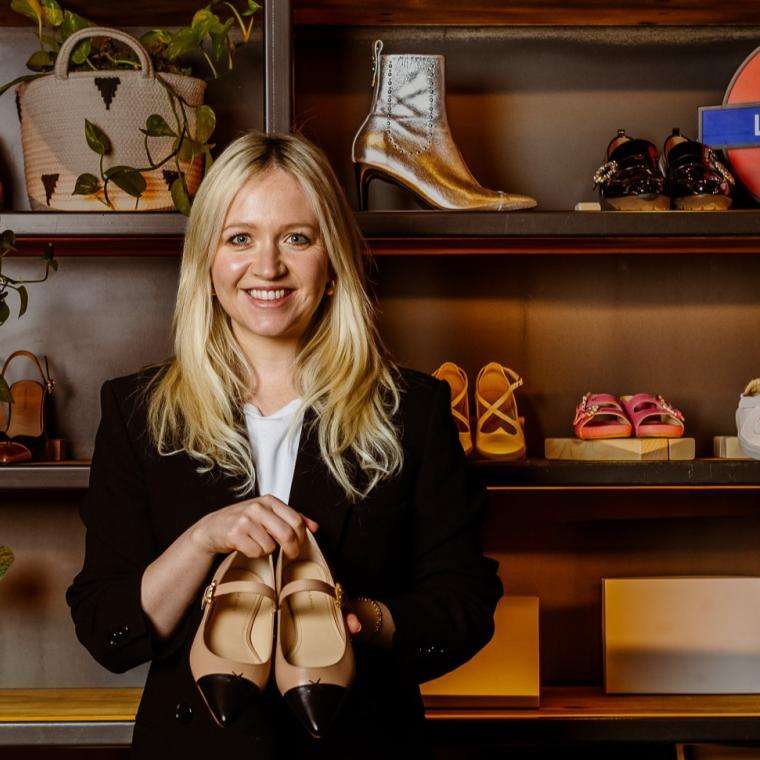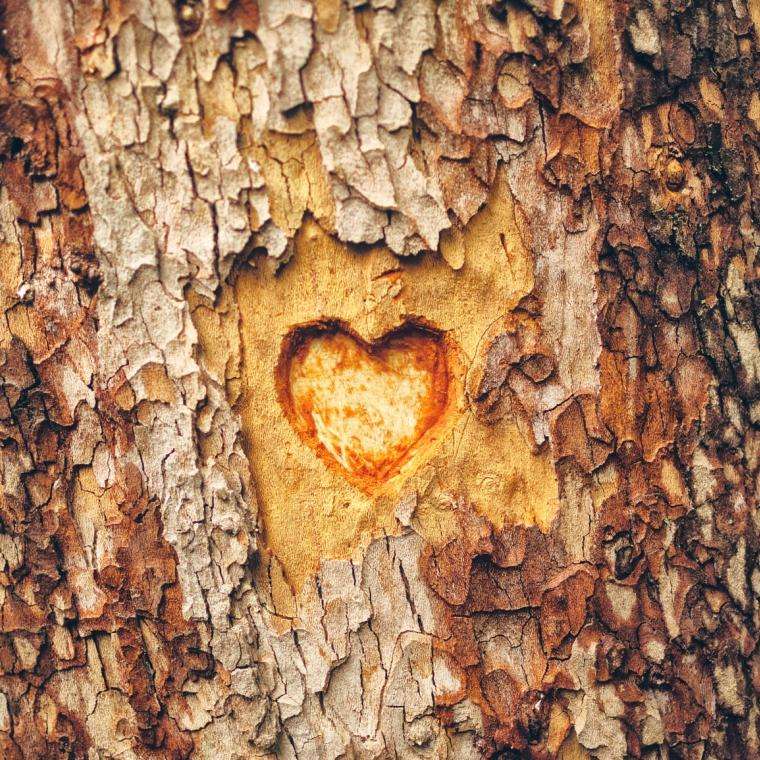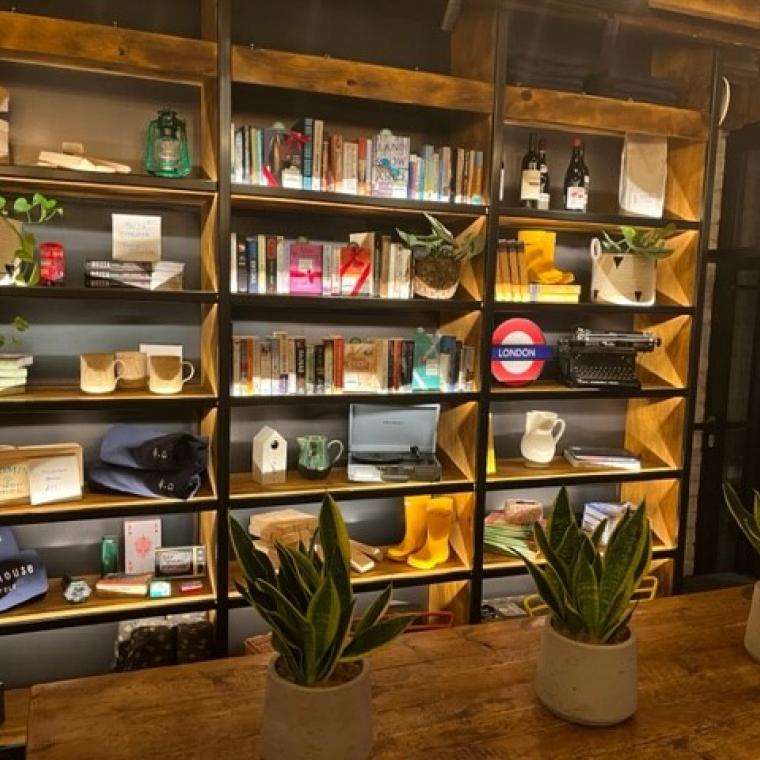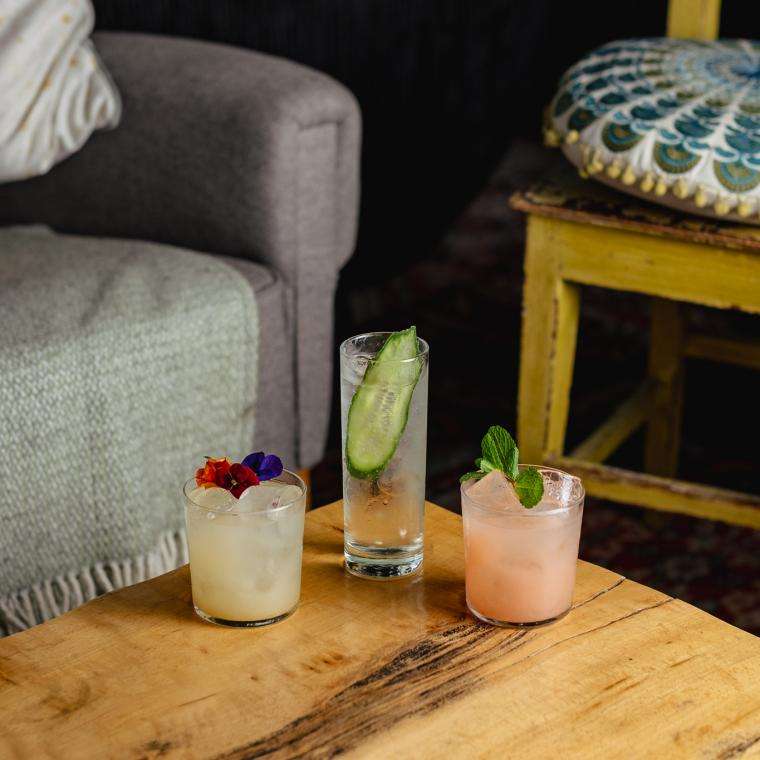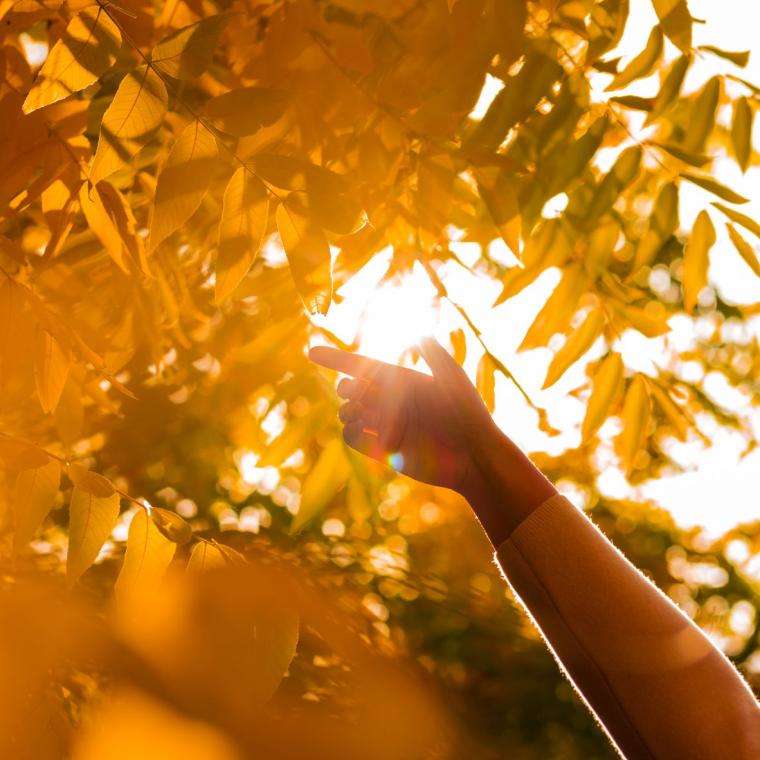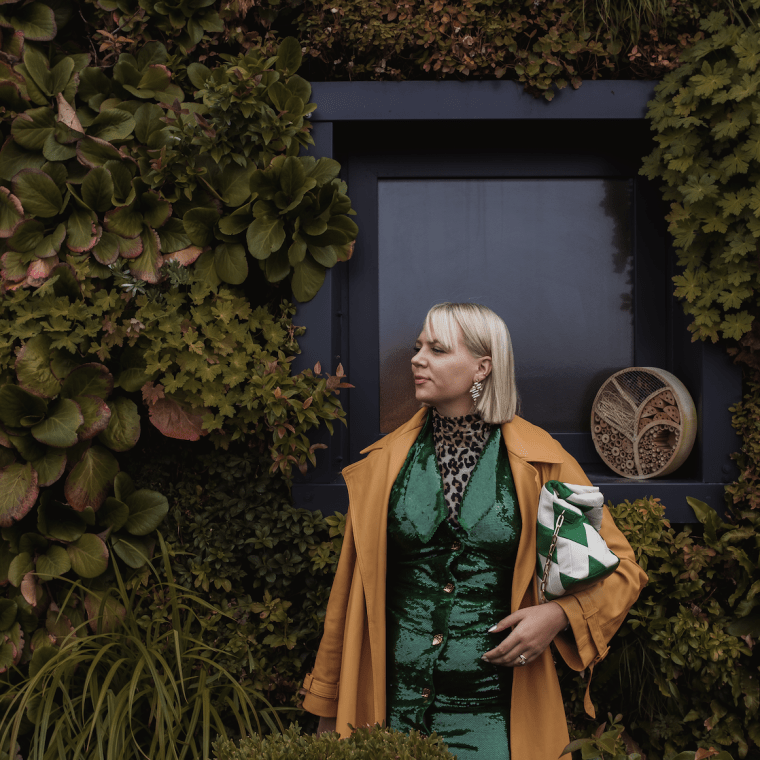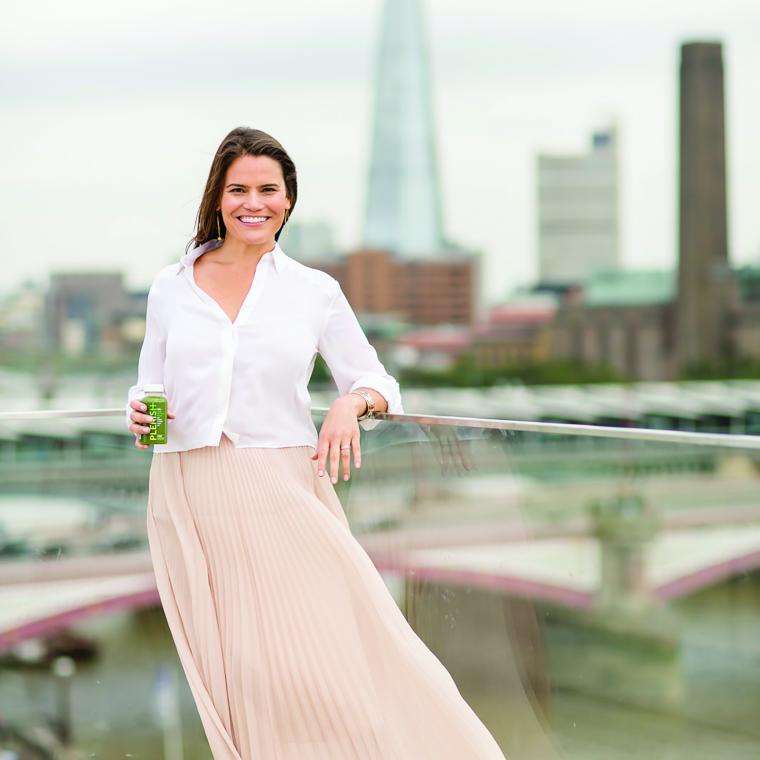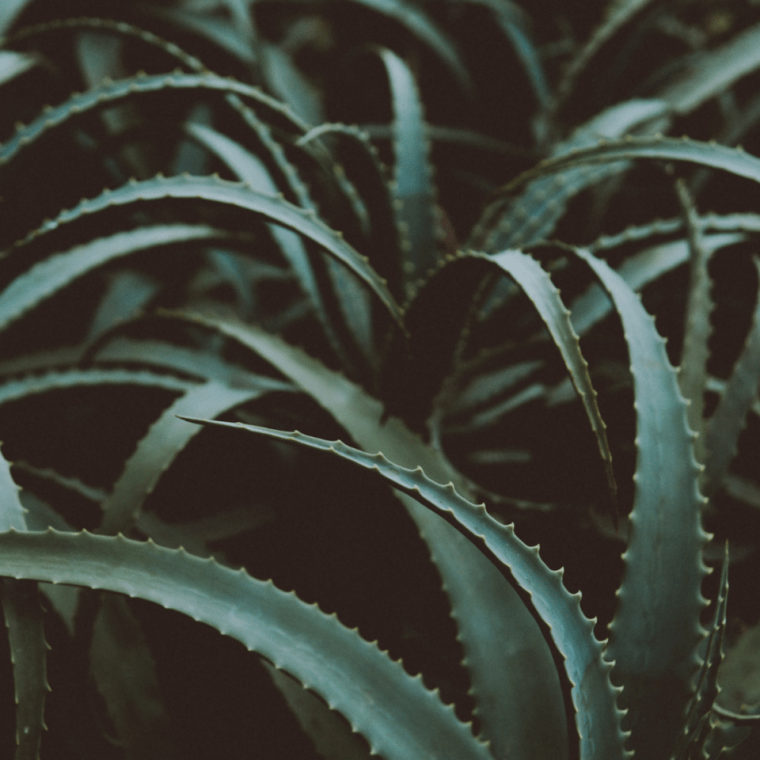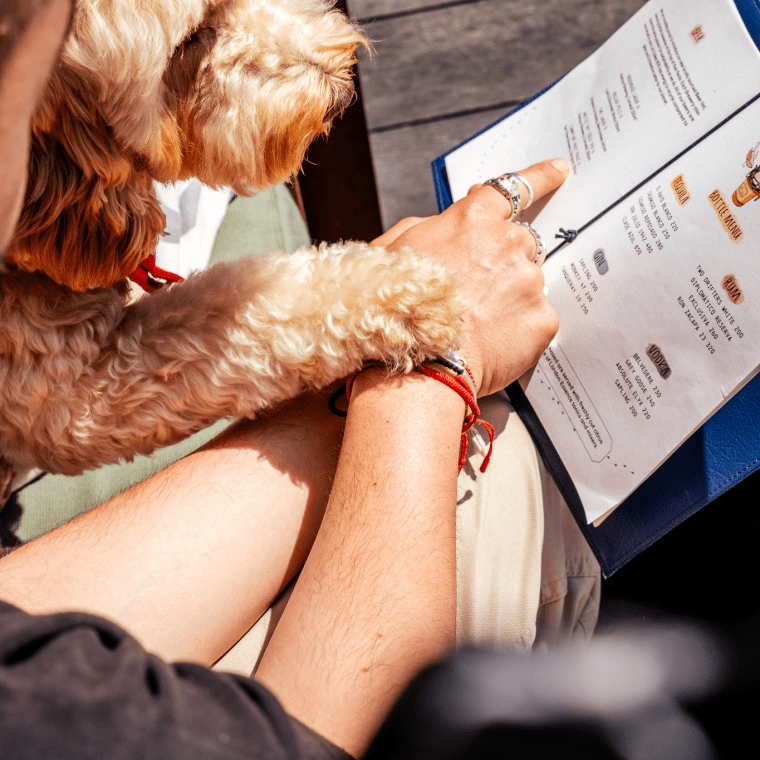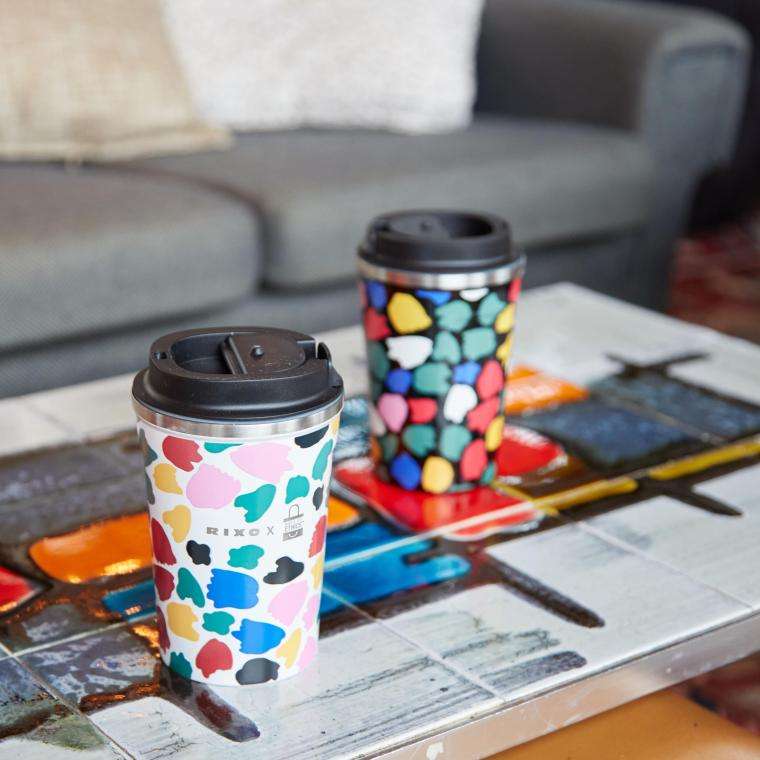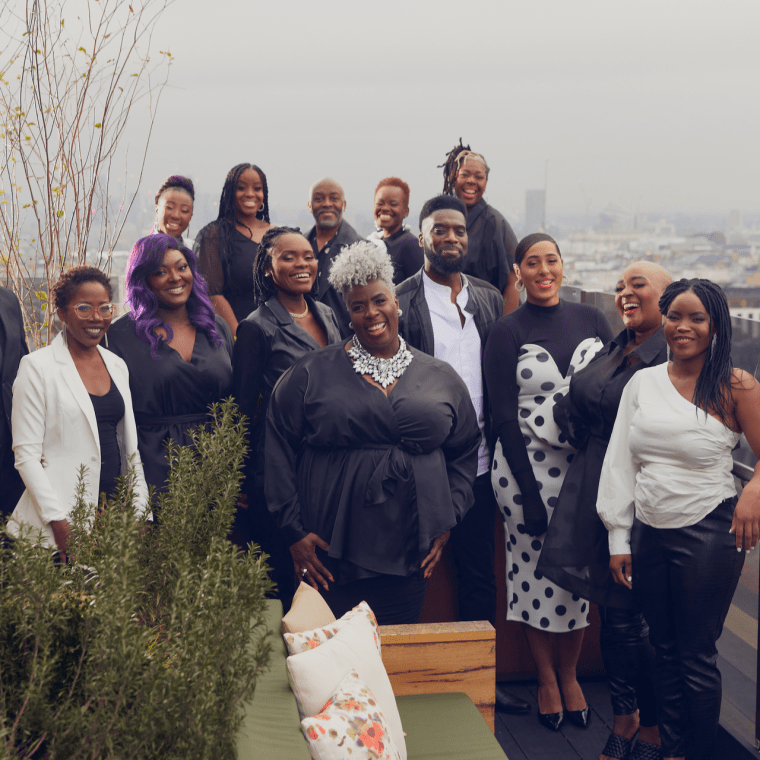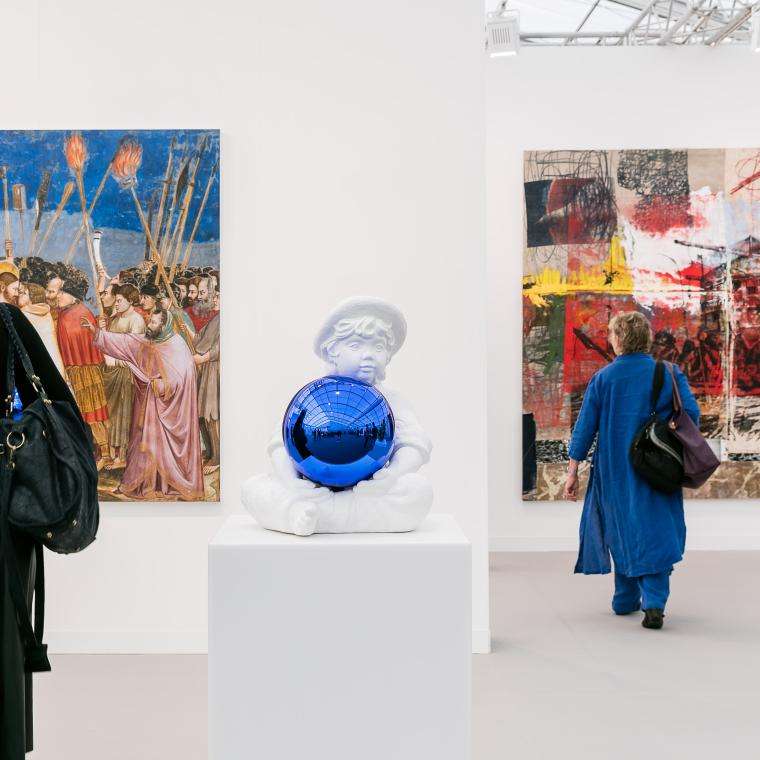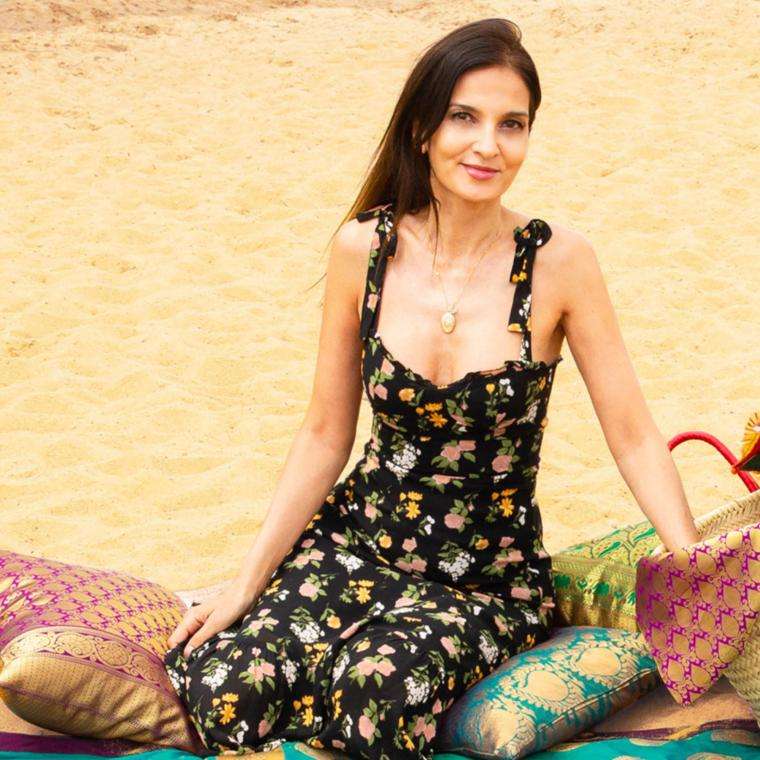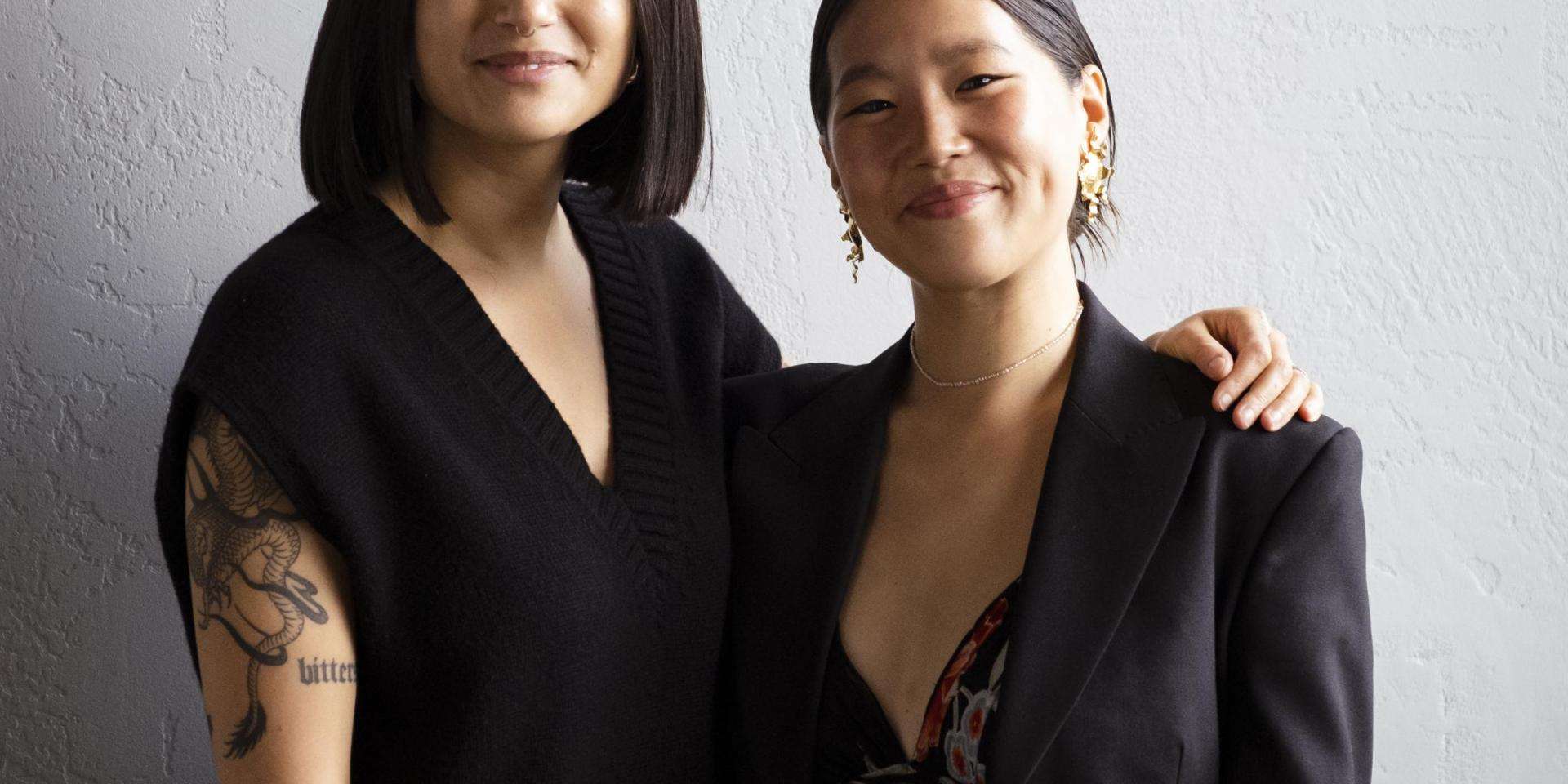
The New Eco Influencers
Journalist and climate advocate Sophia Li has an impressive CV that includes being host of Meta’s podcast, Climate Talks, a United Nations Human Rights Champion, and reporting for CNN, NY Magazine and Vogue. She was named by Harvard as one of the top climate communicators of 2022 and has just launched her own digital art venture, STEWARD, with an event hosted at Treehouse London. We caught up with Sophia to chat about her unique approach to climate justice:
As a child, what sparked your interest in the environment?
I always say everyone has a climate story and the more we familiarize ourselves with our own story, the more we will care about the state of our climate. I didn’t even start to connect the dots on my own climate story until I was in my 20s. My climate story is that my grandparents are Buddhist and always instilled this ideology to strive for symbiosis and equilibrium with all living things and to have gratitude for what nature gives us. I am also first generation so anyone with immigrant parents understands that the practice of sustainability like reuse and upcycling was the norm and a necessity when growing up.
The environment is fundamentally the essence of all living things, including ourselves so I always grew up with this ideology.
You then went on to become entertainment media editor at American Vogue - when and why did you decide to pivot more into climate change advocacy?
When I left my role as Entertainment Media Editor at Vogue, my first mission was to fully focus on what I dubbed ‘conscious content.’ When I left, the articles that had the most views were short-form articles about [celebrity] date night looks and it was so infuriating because we would spend months covering COP21, the Paris Climate Agreement, the election, or the Keystone Pipeline and they would get nowhere near as many views. It’s an age-old problem in the media space. It’s so easy to say audiences just want clickbait, but we’re actually feeding into content pollution. Because my background was initially in journalism, I wanted to redefine what news meant in the 21st century and I wanted to humanize it. After working on stories on impact in fashion, you start to connect the dots that all the systemic problems in the fashion industry are the same systemic problems that created the climate crisis. From there, it’s hard to ignore all the intersectionality of these systems and wanting to advocate for systems change to help connect the dots for consumers.
How do you cut through climate doomsday discourse?
Well first we have to understand that hope is a choice. It’s a proactive verb that we choose and have autonomy to choose. When given the choice, I will always choose hope. We think that hate is the opposite of love but it’s actually apathy-- when we no longer care, hate is still an emotion that can be transcended into action but apathy is giving up. It’s a massive privilege to have apathy towards the climate crisis when those in the Global South and climate frontlines don't have the choice. Action is also the antidote to anxiety so when we start channeling our anxiety into action, this in turn gives us hope in the movement.
I believe that we are actually lucky to be in this very pivotal and fragile time where we are still able to revert actions that determine the viability of our planet. If we have time, then we have hope. Saying things like, nature is going to survive with or without us, absolves us of our responsibility to be part of the movement which further affirms this apathy. This in turn helps me cut through the climate doomsday discourse.
When did you get the idea for STEWARD and what do you hope to achieve?
We are currently living during one of the biggest transitions of the 21st century: the convergence of our physical and digital worlds. However, our current digital landscape is at odds with nature. We have Meta paying $36 billion to build the metaverse and investors paying millions for virtual land when we can’t even protect our physical carbon sinks. Meanwhile, according to the last IPCC report, all climate solutions exist, they just need 10x more funding and UN climate scientists believe they can start reversing the climate crisis with $300 billion.
Our natural world is competing with the digital world and we started STEWARD to bridge the two. We believe there is no competition as without a thriving natural world, there is simply no digital world.
There are three things we are hoping to achieve with STEWARD:
- Close the climate funding gap (less than 2% of global philanthropy goes to climate (source))
- Close the emotional gap between the digital and natural worlds (70% of Americans are climate delayers, not deniers. We are trying to empower the delayers to take action)
- Empower the Climate 3.0 community (bridging the digital & physical worlds)
What sustainable services do you swear by?
Coming back to breath
Farmer Market hauls
Meditation (check out Joe Dispenza, Bob Proctor, Insight Timer app)
Morning Pages (a la The Artist's Way)
Wim Hof breathwork
Renting for an event via ByRotation
The practice of earthing or Shinrin Yoku (forest bathing)
What does regenerative travel look like to you?
Travel that truly regenerates a local community and ecosystem: where the funds are going back into the pockets of the local community and building a symbiotic infrastructure. Travel that gives back more than it takes (resources and energy) from said destination. Travel that puts the local community first. Being a regenerative traveler directly correlates to embracing regenerative living— interacting with the world daily through this lens and belief system that exchanges are not transactional, instead relational.
What is your best advice for someone looking to act on climate justice?
Start with something personal that is an emotional part of your identity that you deeply care about. Perhaps you have a love for food, for animals, for the ocean that you spend every childhood going to-- start there and start local and get involved. Stewarding our earth and ourselves is an act of justice and restores our equilibrium with nature.
ABOUT
STEWARD is a new initiative that uses digital art to protect our natural world by using on-chain technology to transfer capital to protect our climate: acting as a bridge between the natural world and the digital world. STEWARD’s solution connects eight global artists with the eight major ecosystems of our natural world to fund eight climate nonprofits with a focus on conservation and Indigenous organizations.
STEWARD is the co-chair of World Economic Forum’s Crypto Sustainability Coalition focusing on the intersection of climate and web3 impact. Become a Steward here.
